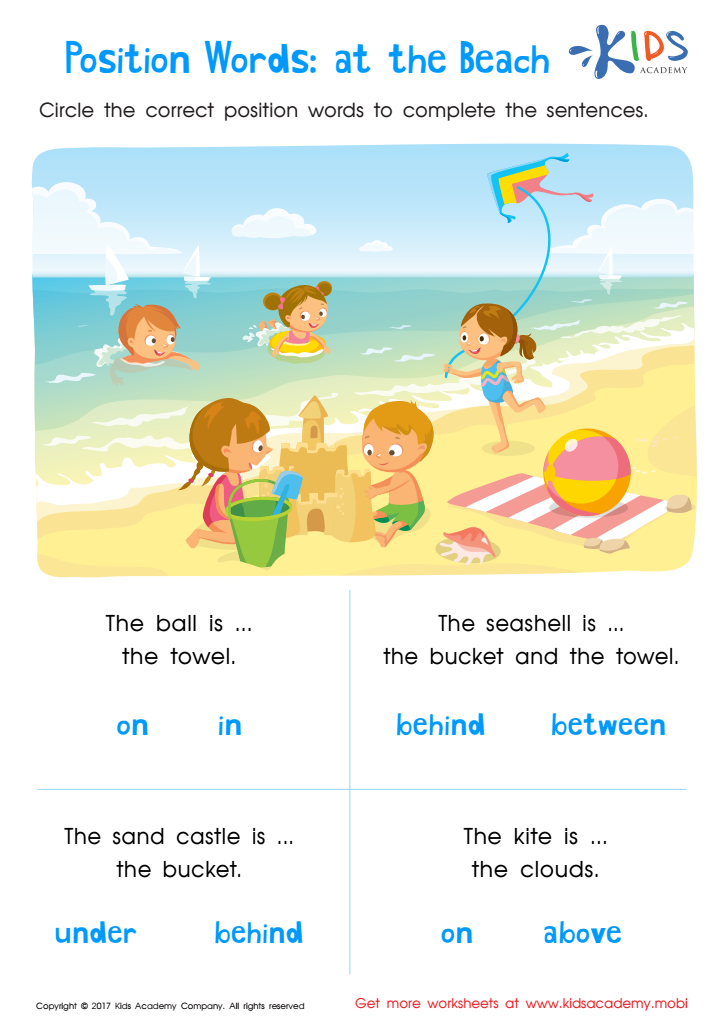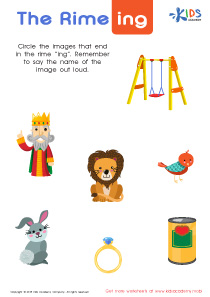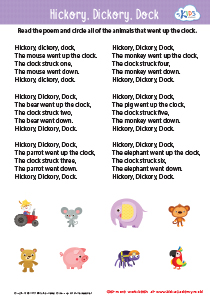Extra Challenge Building Vocabulary Worksheets for Ages 5-9
31 filtered results
-
From - To
Enhance your child's language skills with our Extra Challenge Building Vocabulary Worksheets for ages 5-9. Crafted to engage young minds, these worksheets are designed to make learning fun and effective. Each activity challenges students to expand their vocabulary, understand word meanings, and develop critical thinking. From matching games to word scrambles, our exercises aim to boost confidence and communication proficiency. Perfect for parents and educators seeking supplemental assignments, these worksheets cater to various learning levels, ensuring every child finds both support and stimulation. Watch your kids become word wizards with our expertly designed vocabulary builders!
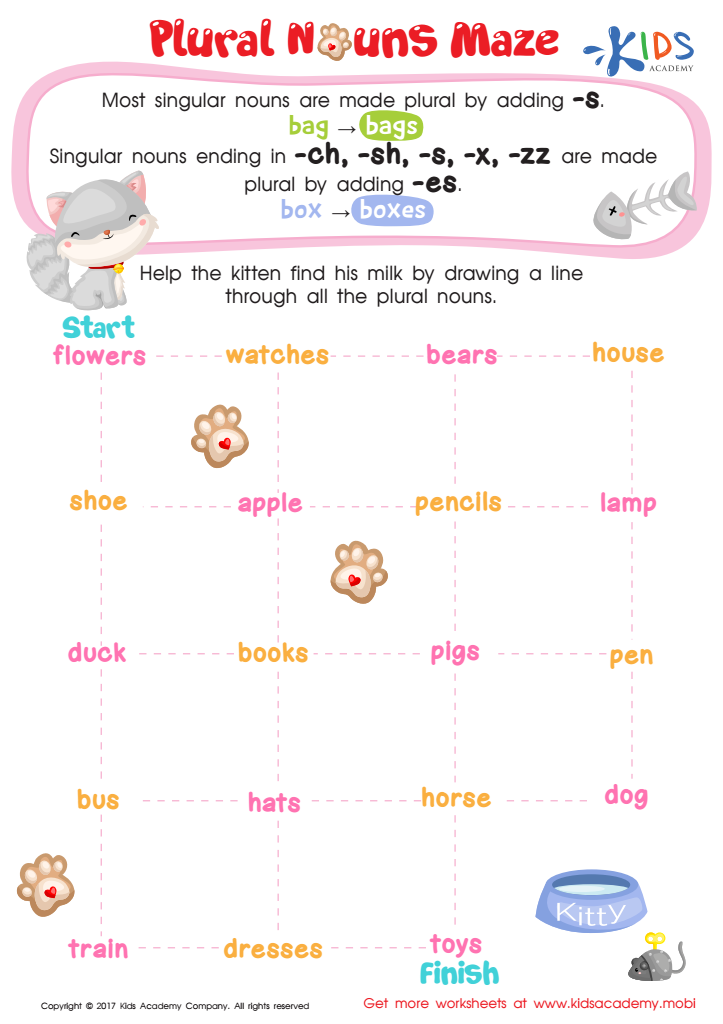

Plural Nouns Maze Worksheet
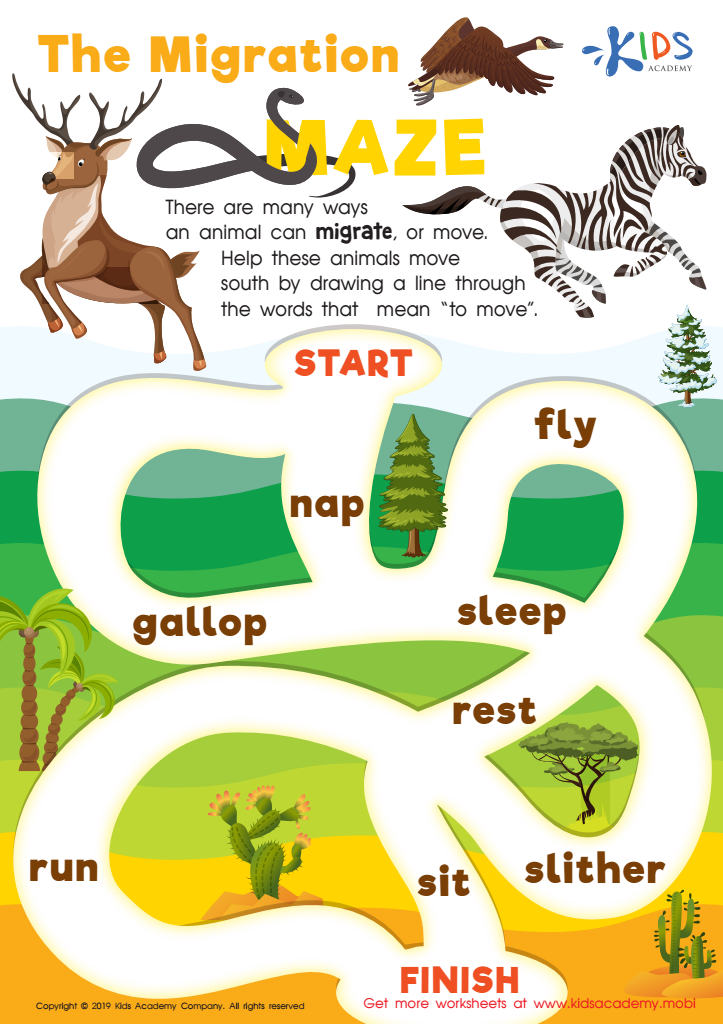

The Migration Maze Worksheet
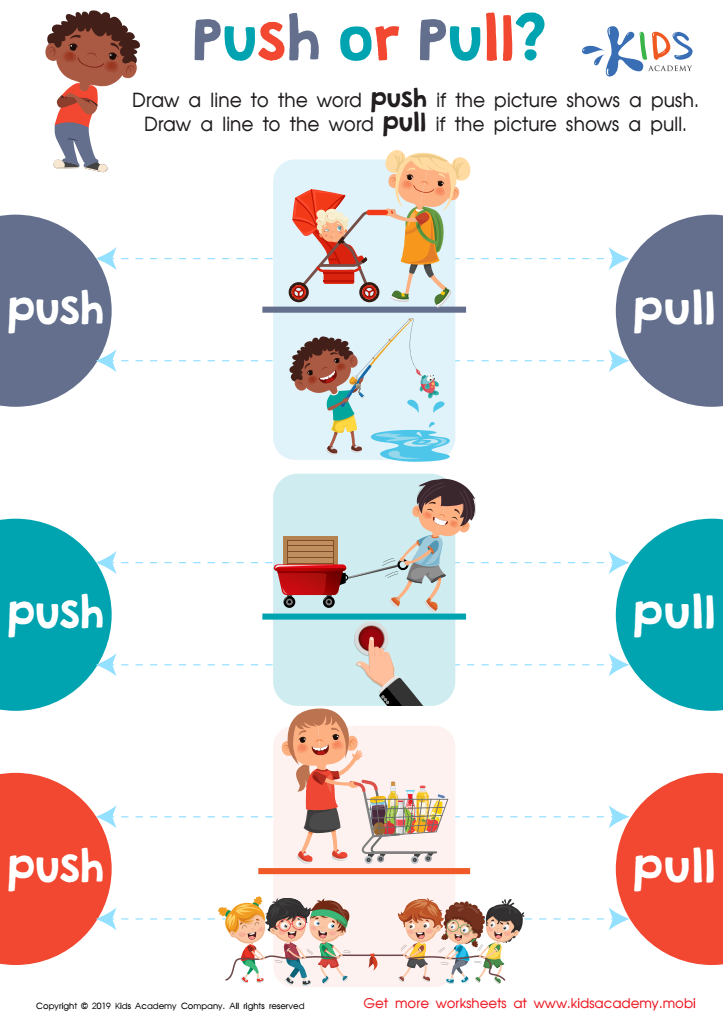

Push or Pull? Worksheet
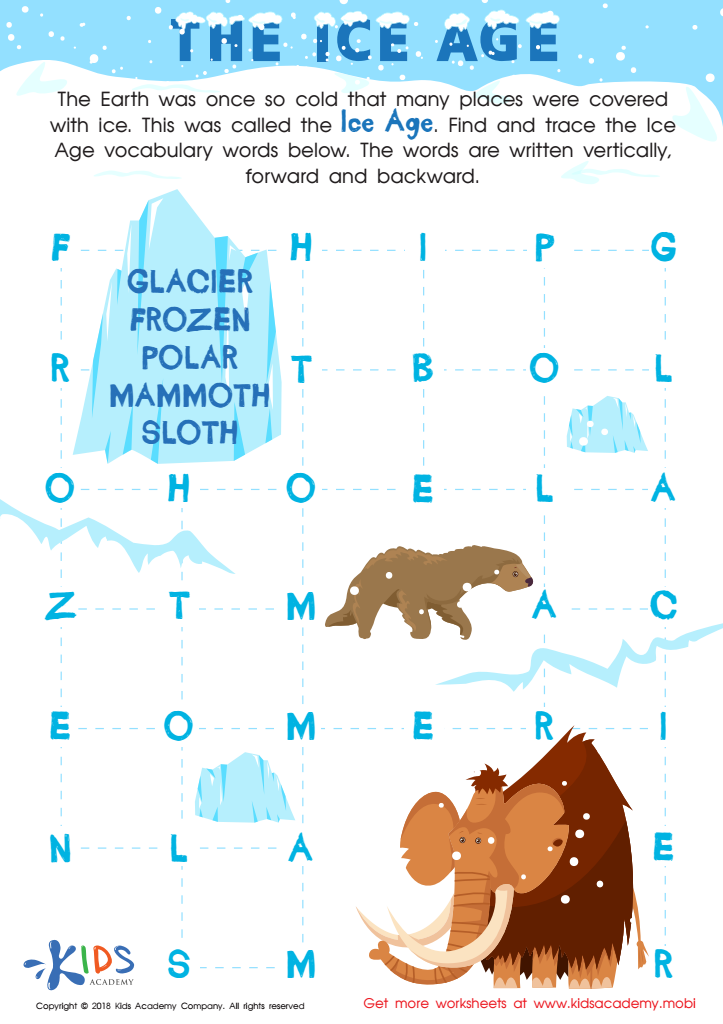

The Ice Age Worksheet
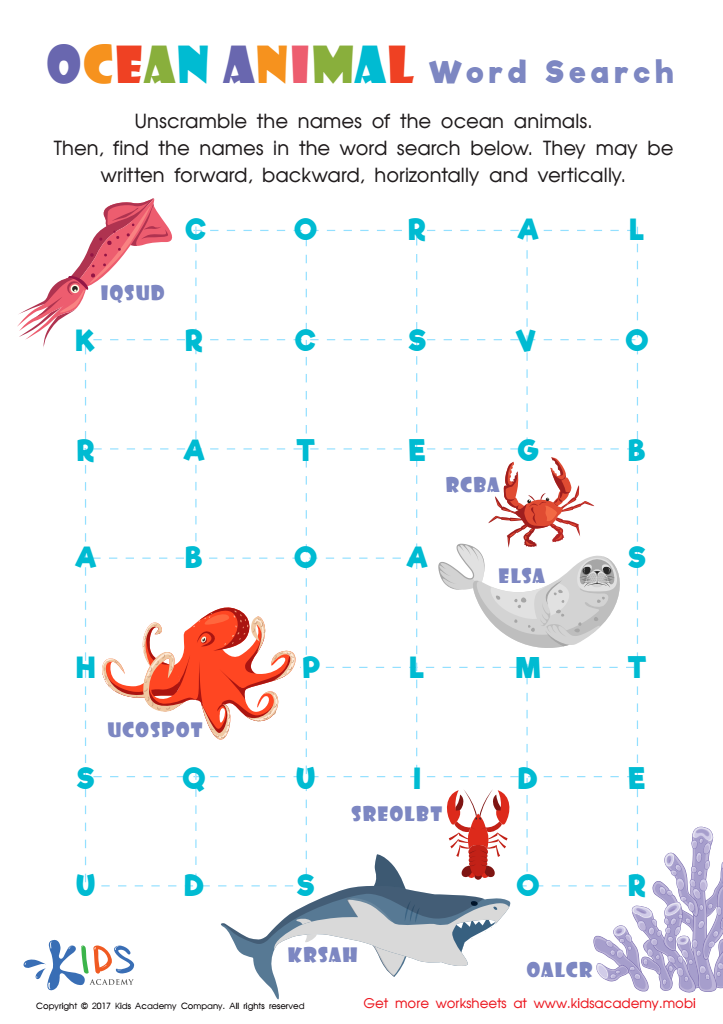

Ocean Animals Word Search Printable
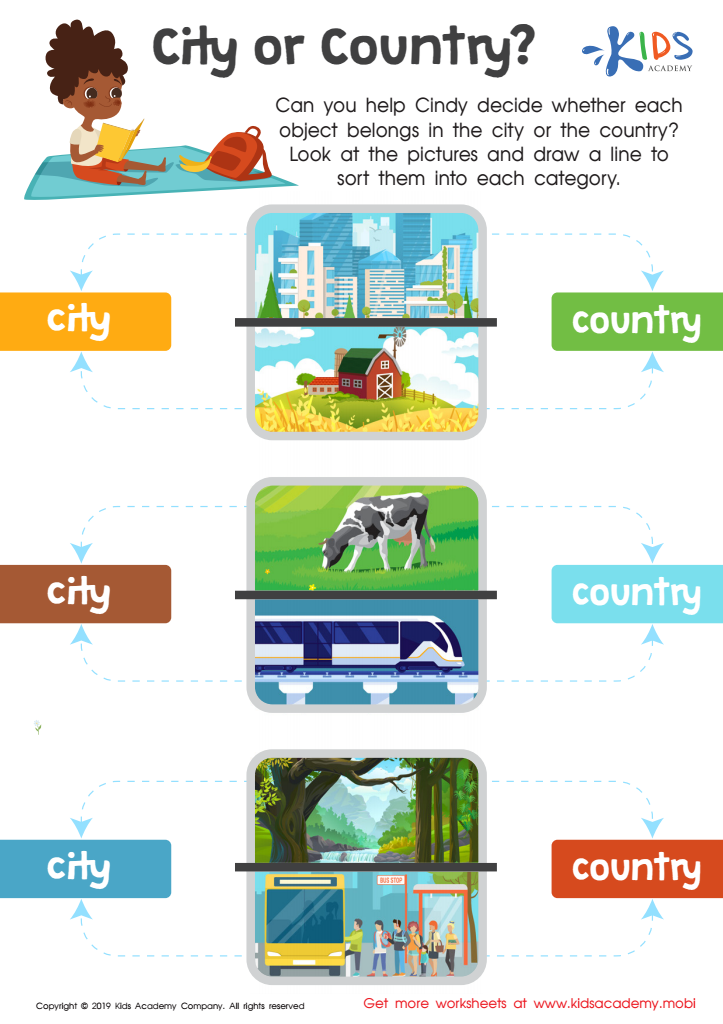

City or Country? Worksheet
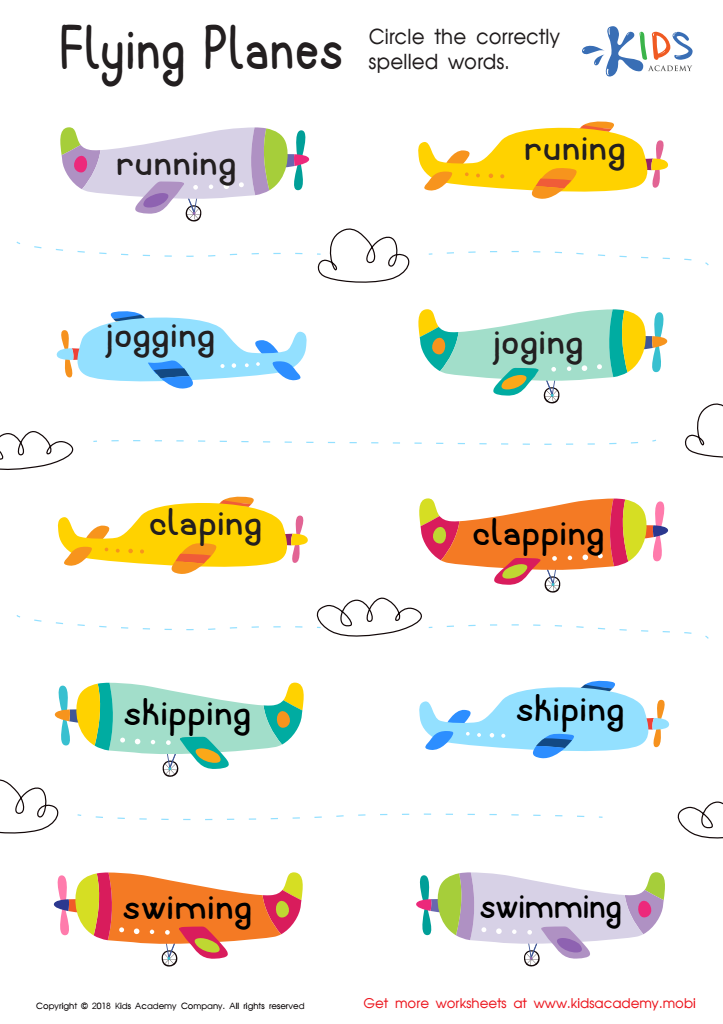

Flying Planes Worksheet
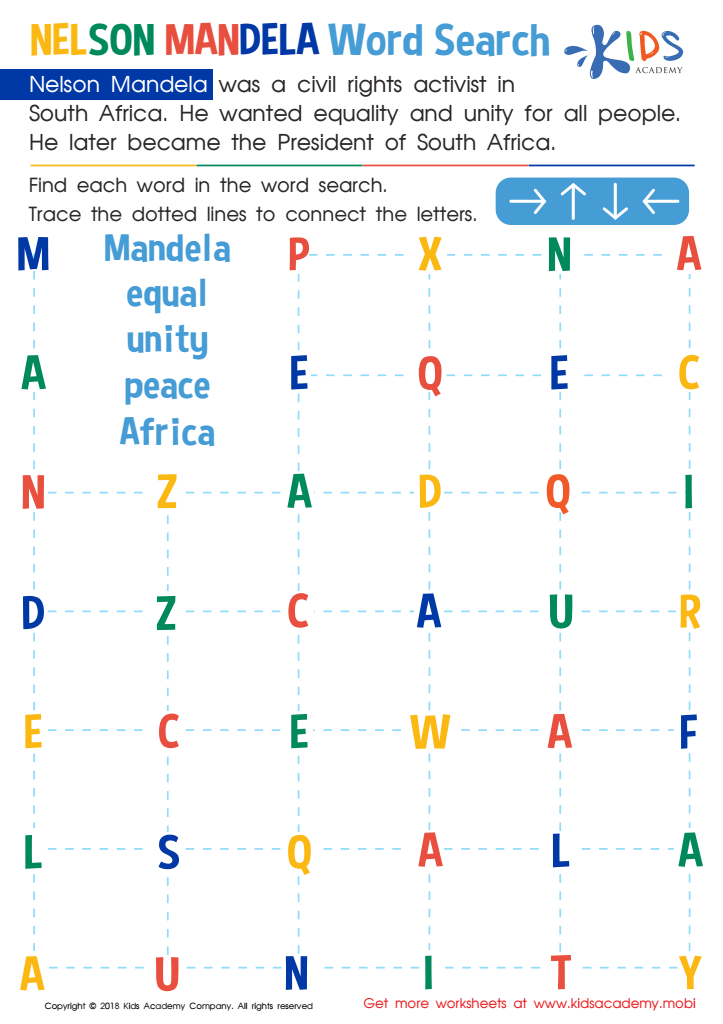

Nelson Mandela Word Search Worksheet
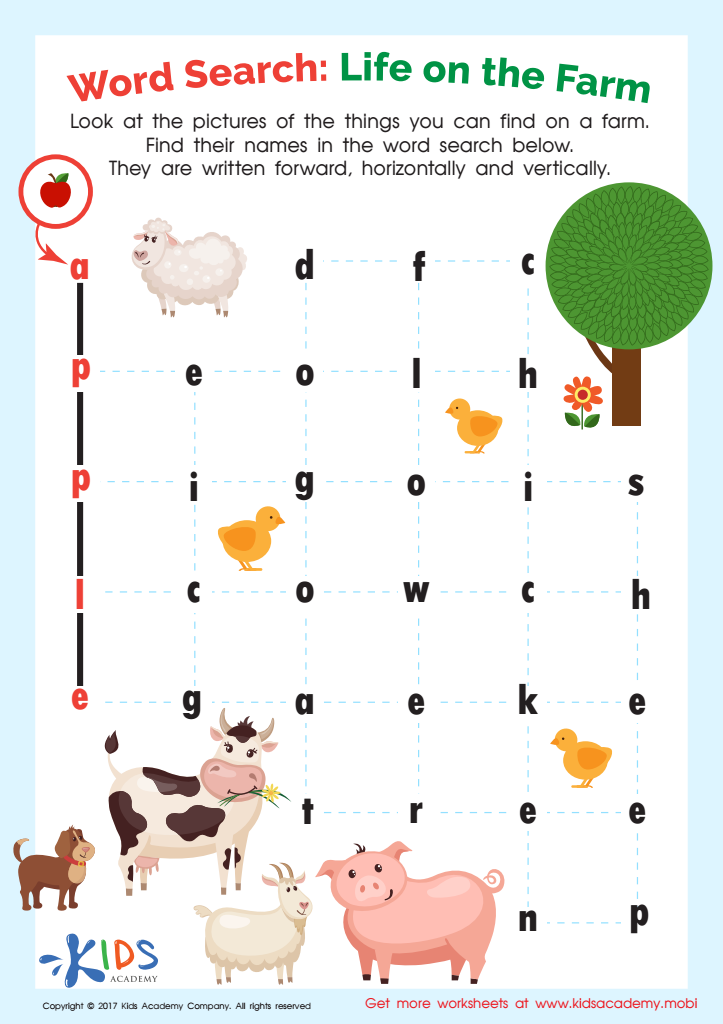

Word Search Puzzles Worksheet
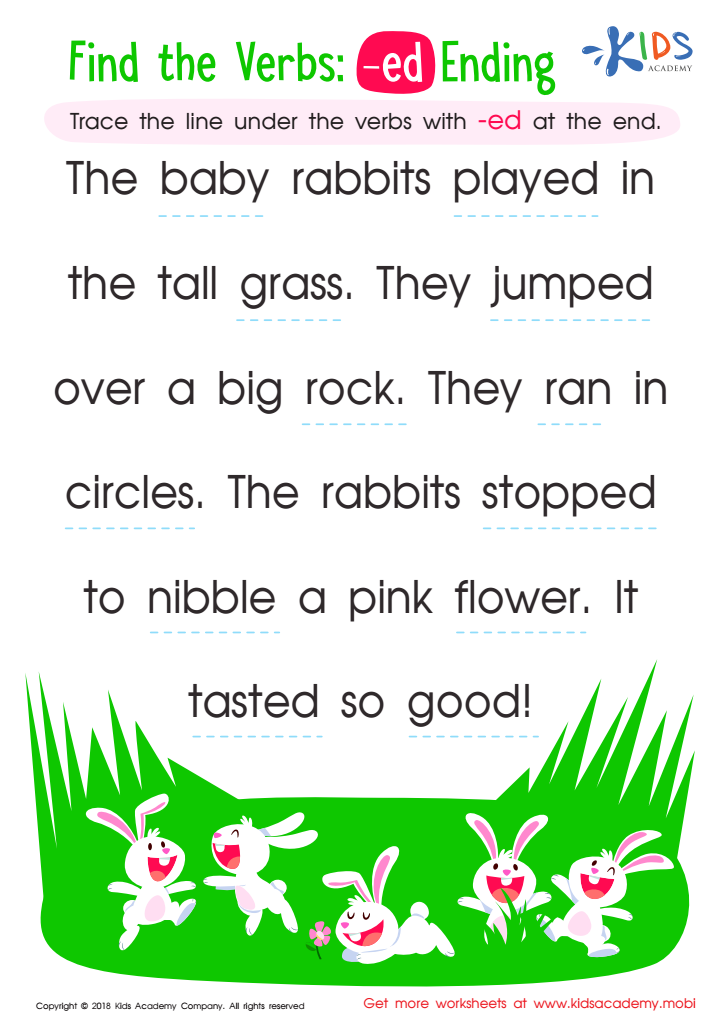

Find The Verbs: -ed Ending Worksheet
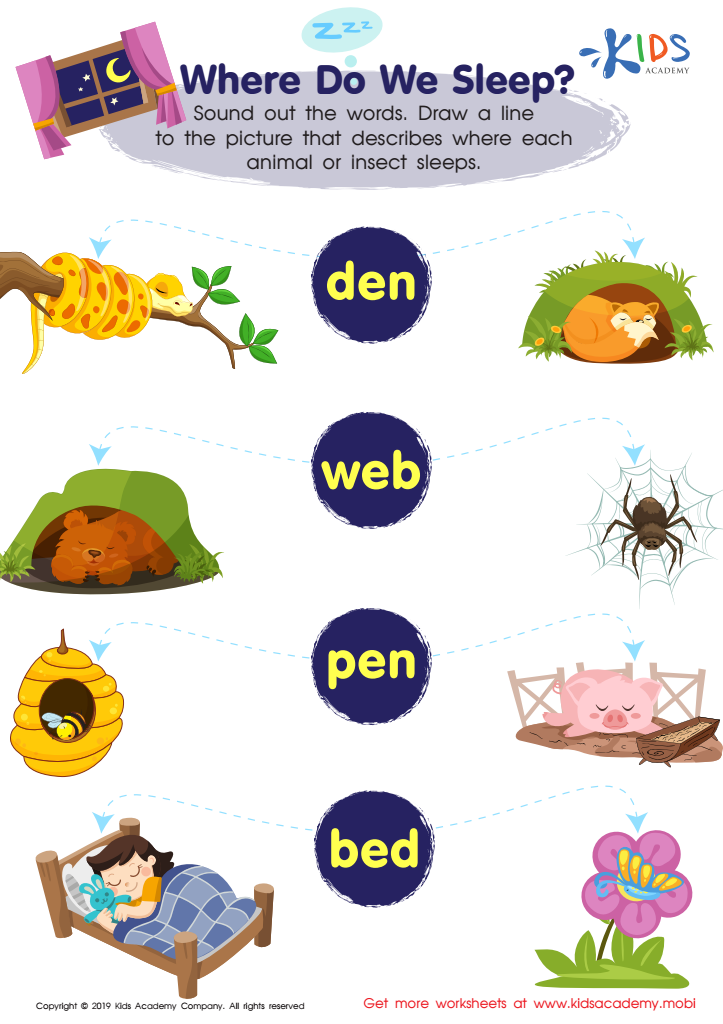

Where Do We Sleep Worksheet
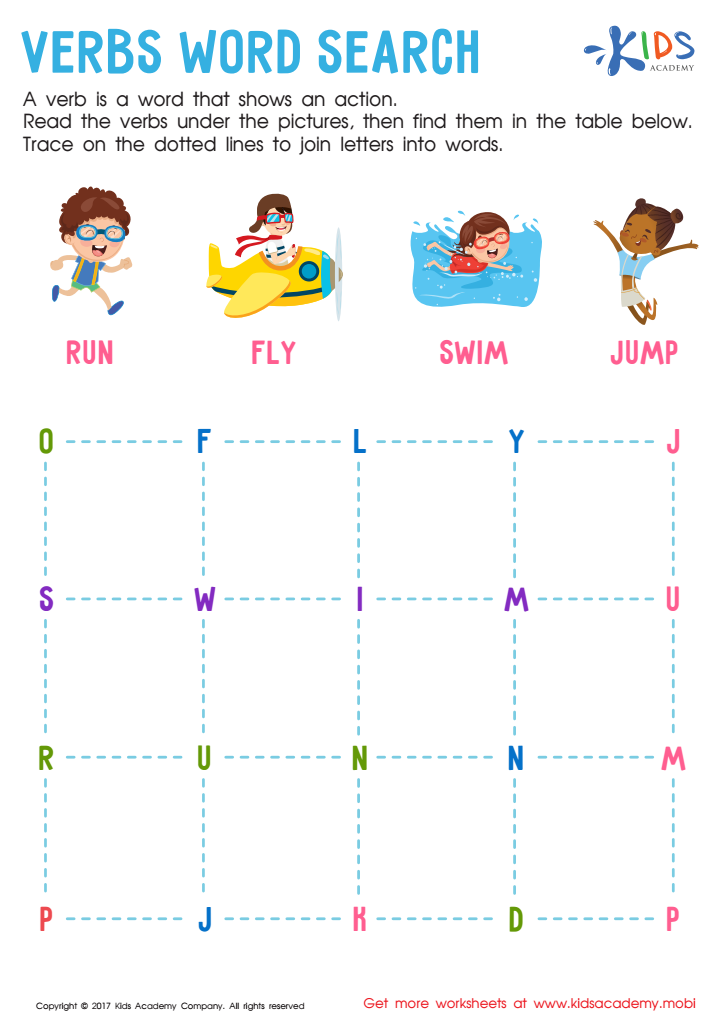

Verbs Word Search Worksheet
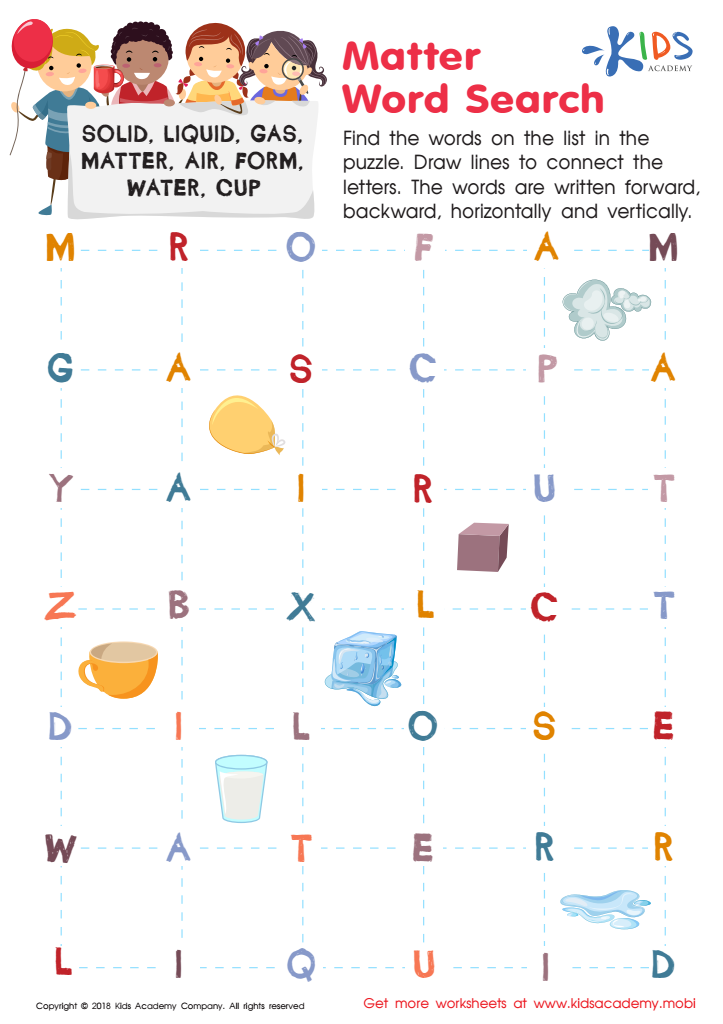

Matter Word Search Worksheet
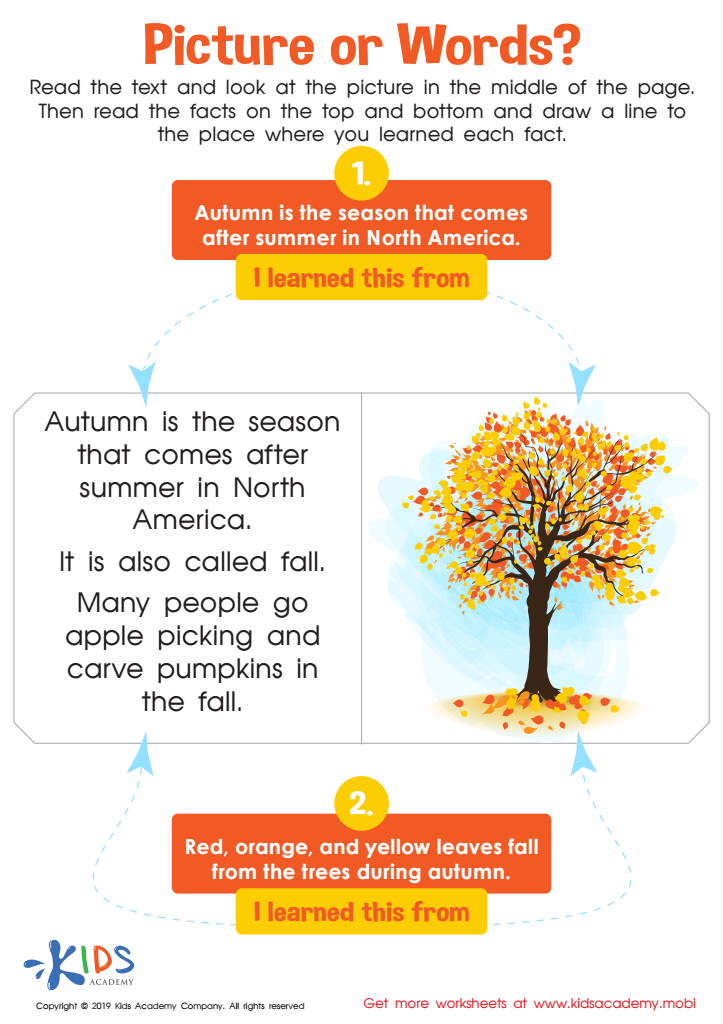

Picture Words Worksheet
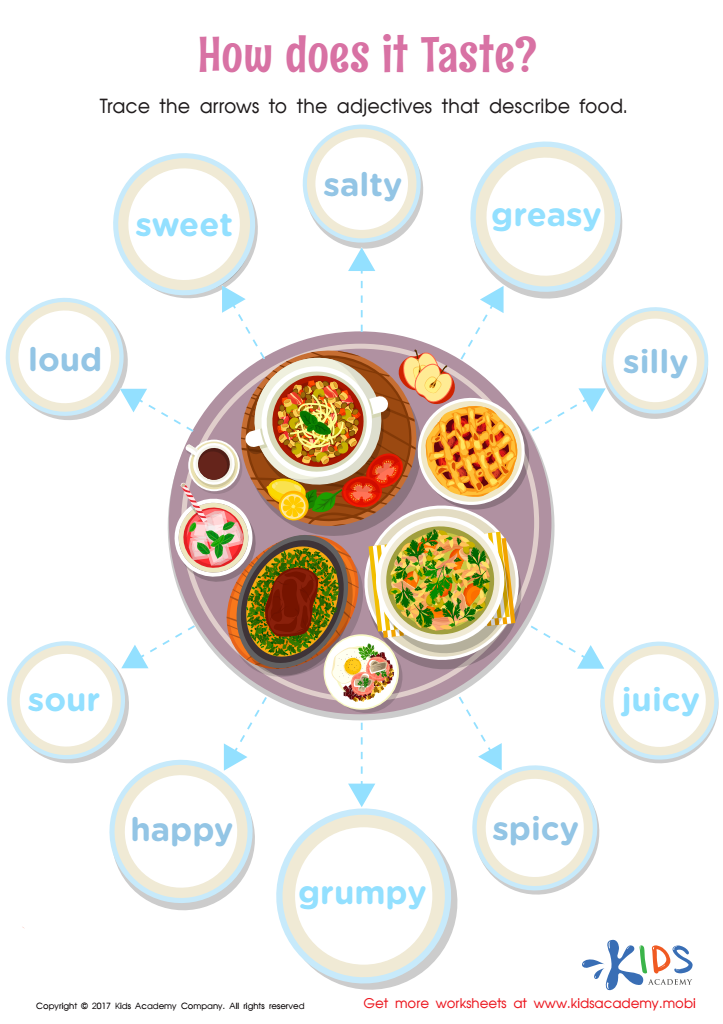

Food Adjectives Worksheet
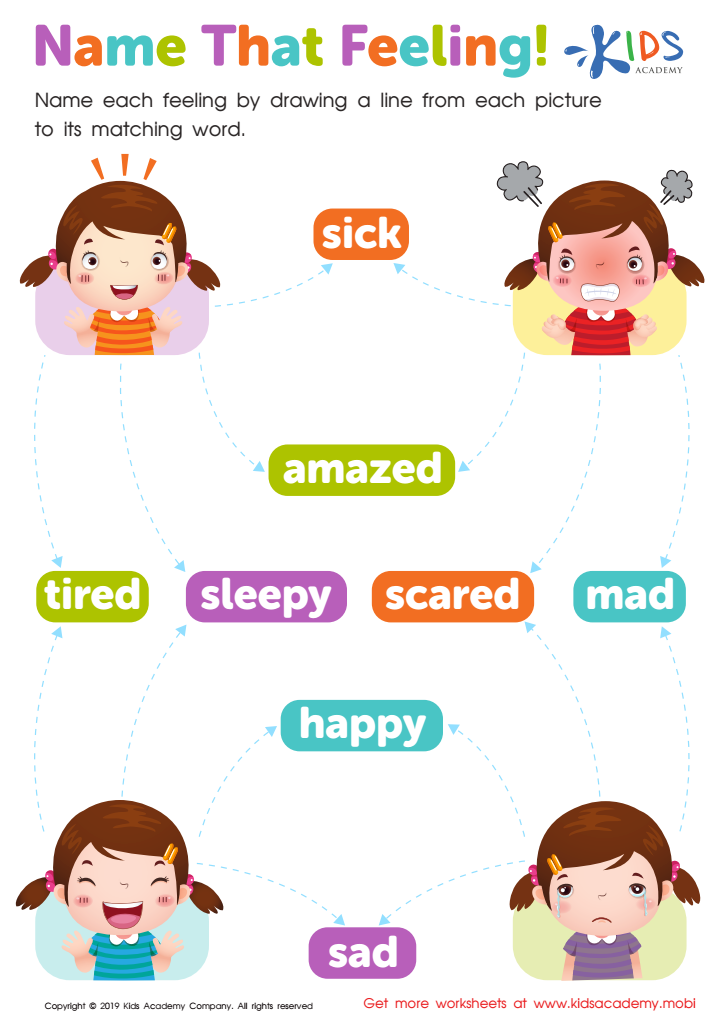

Name that Feeling Worksheet
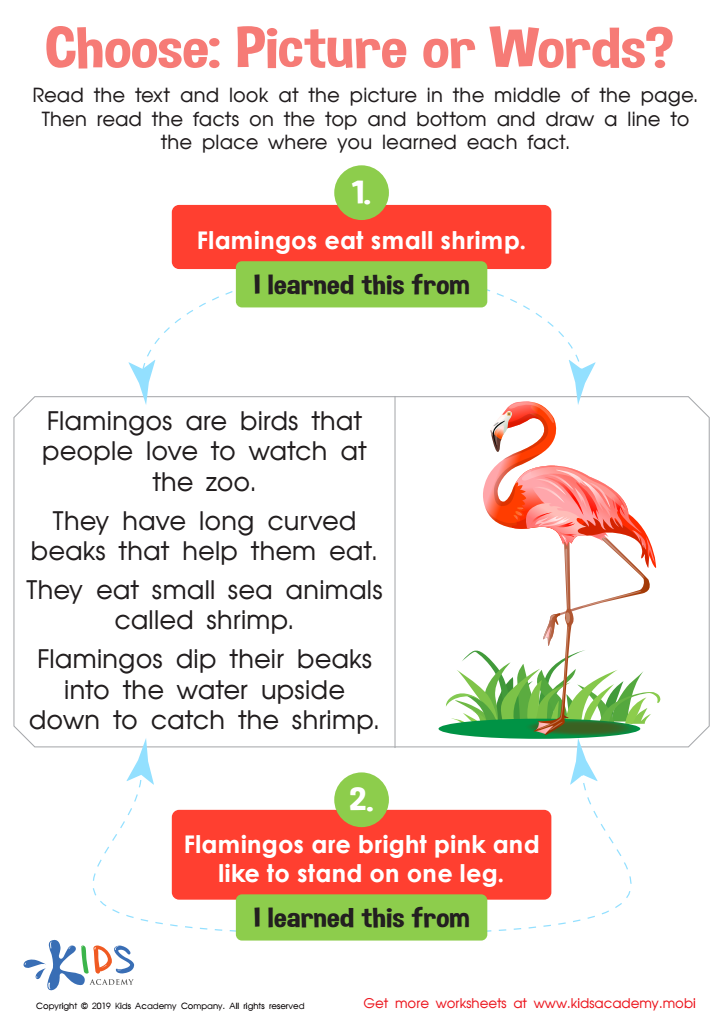

Choose Picture Words Worksheet
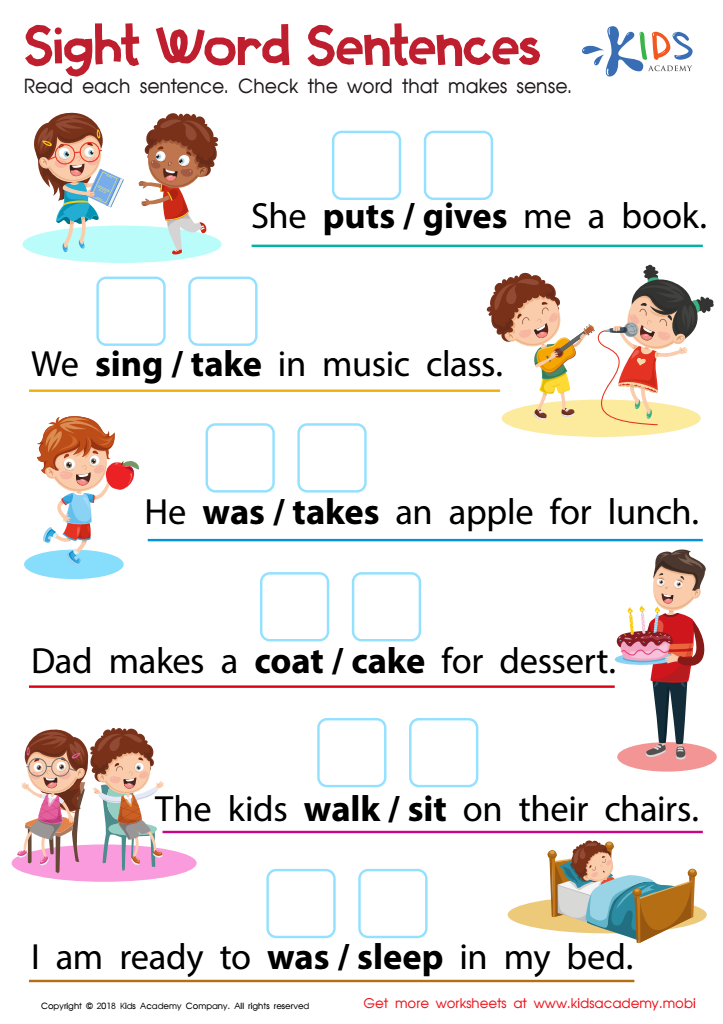

Sight Words Sentences Worksheet
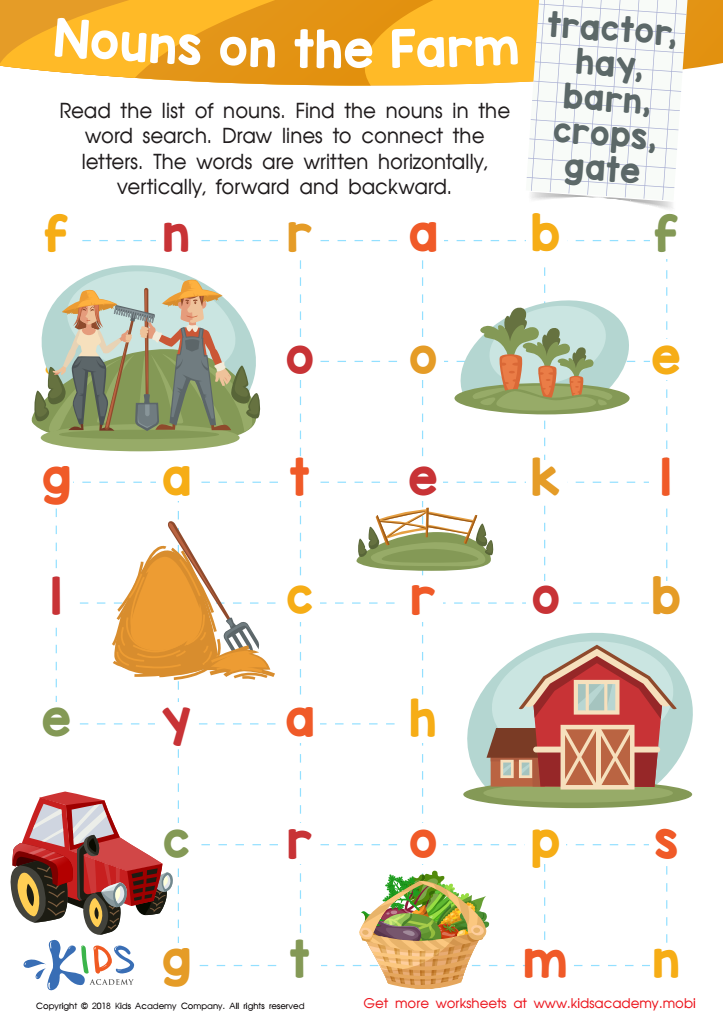

Nouns on the Farm Worksheet
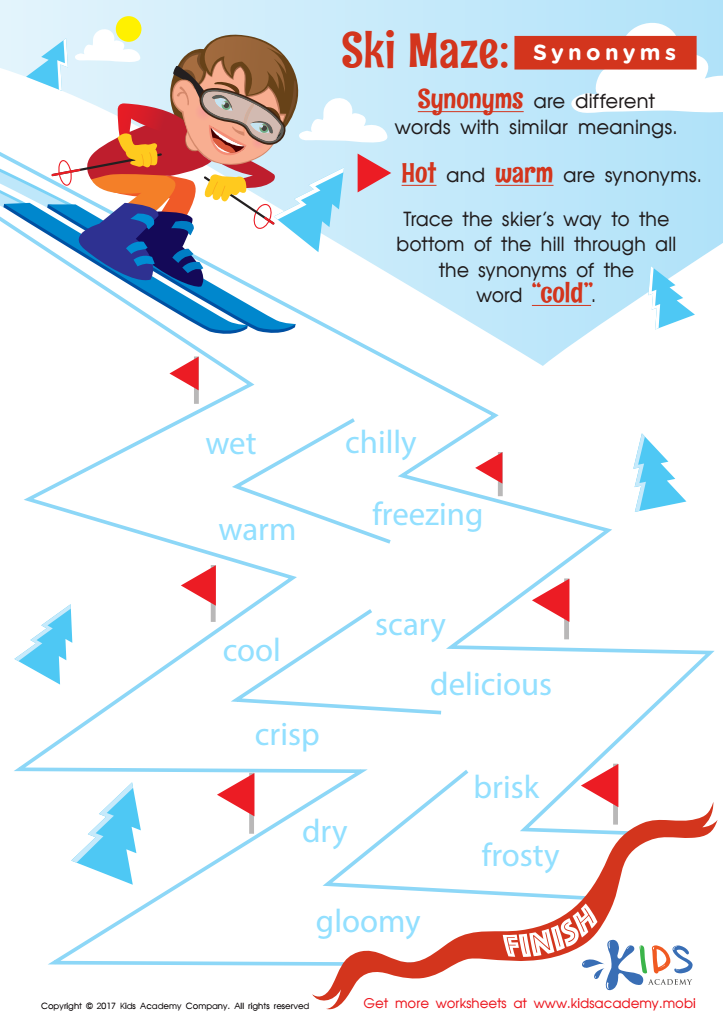

Free Printable Synonym Worksheet
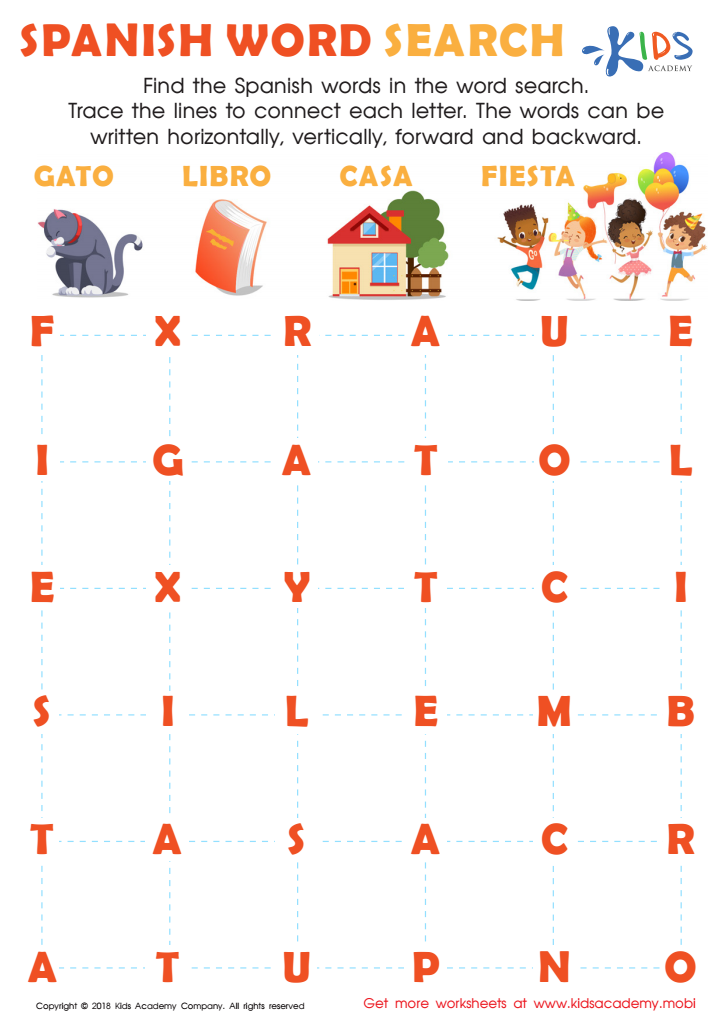

Spanish Word Search Worksheet
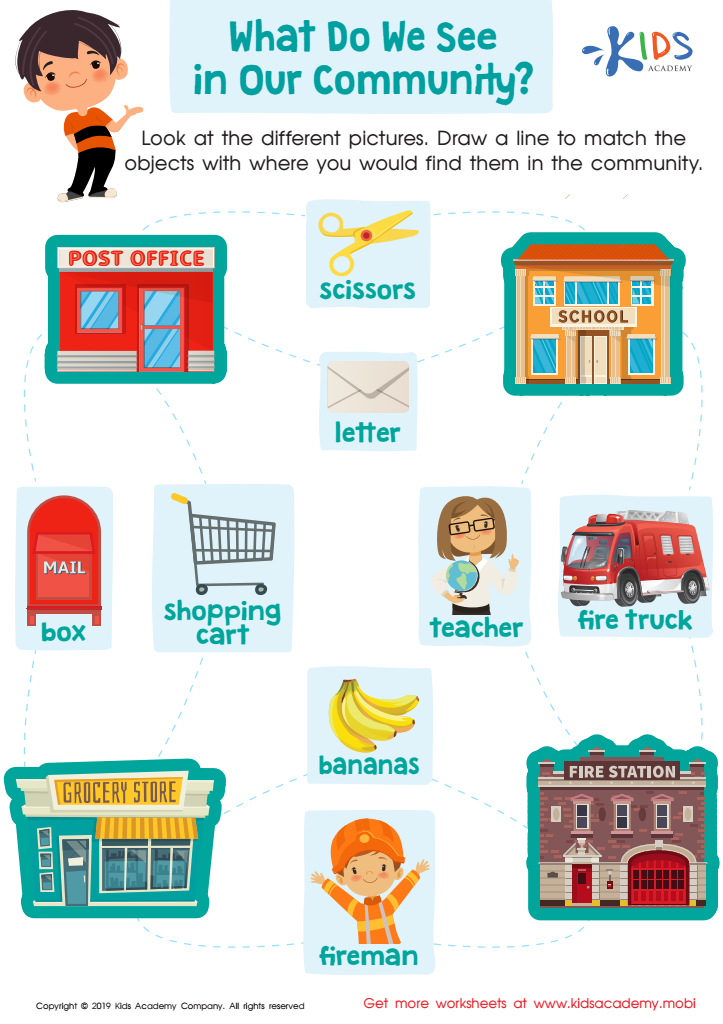

What Do We See in our Community? Worksheet
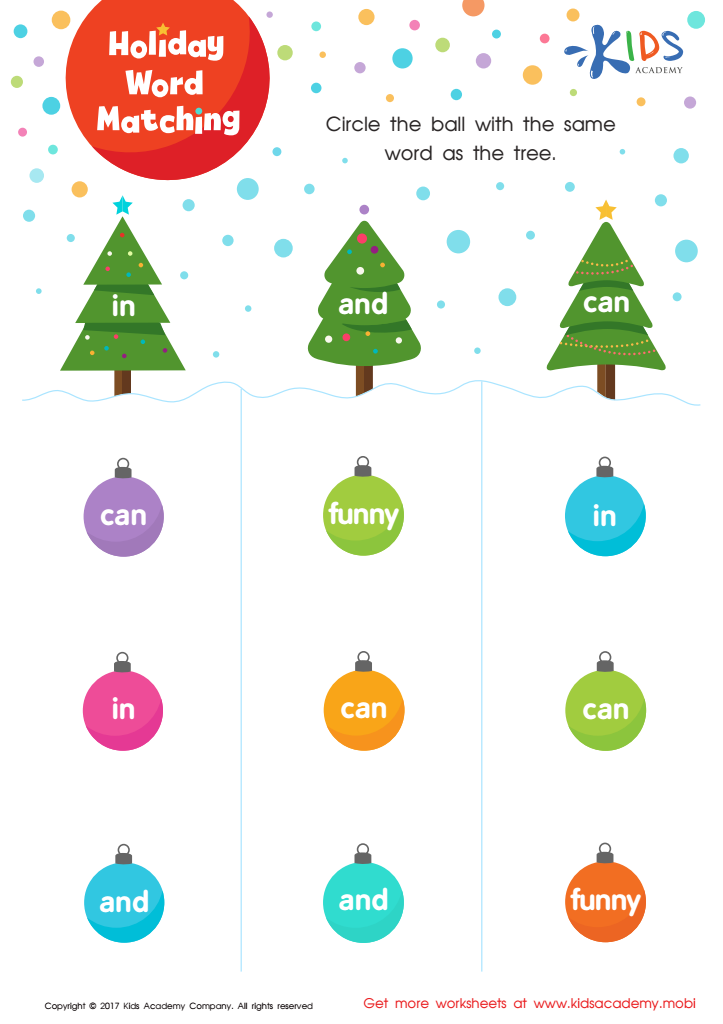

Holiday Word Matching Worksheet
Building a strong vocabulary for children aged 5-9 is crucial for their overall academic and social development. During these early years, children are highly receptive to new information, and establishing a robust vocabulary foundation sets the stage for future learning.
Firstly, a rich vocabulary enhances reading comprehension, a key component of academic success. When children understand more words, they find it easier to decode and comprehend texts, fostering a love for reading. This skill is pivotal as reading becomes a primary method for receiving knowledge in subjects like science, history, and math.
Secondly, an extensive vocabulary improves communication skills. Children who know more words can express their thoughts, needs, and emotions more effectively. This proficiency prevents frustration and fosters better relationships with peers and adults, aiding in social development.
Additionally, vocabulary growth supports critical thinking. Understanding nuanced differences between words helps children learn to analyze and categorize information more effectively. It encourages them to make connections between different concepts and ideas.
Finally, focusing on vocabulary building from an early age stimulates curiosity and a lifelong passion for learning. When parents and teachers prioritize this area, they empower children to become successful, confident, and articulate individuals both inside and outside the classroom. Engaging in activities like reading, word games, and daily conversations can make vocabulary development an enjoyable and rewarding process.

 Assign to My Students
Assign to My Students












